Any new parent will know how precious sleep is – both for adult and baby.
But finding the right support if your child is struggling to sleep can be a challenge and it can be even harder to admit you need help.
Nadia Edwards is a sleep coach from Dunfermline, working with parents and children aged up to 12 to ensure everyone is getting the best night’s sleep possible.
Her journey to becoming a sleep coach actually started when her own son, Reuben, now 8, experienced difficulties with his own sleep.
Nadia explains “My son is my second child and wasn’t a very good sleeper. It was quite difficult.
“Everyone tells you how difficult it is when you have two children, but I didn’t quite believe them.
“Part of that was because my first child, my daughter Hannah, was basically a unicorn baby. She slept well, was really easy-going.
“She was sleeping for 12 hours at 12 weeks which is really unusual. So I just expected that with my second child, but he didn’t do that.
“There were some parts I didn’t understand were normal, but there were other parts where something needed to be done.
“It was months and months of tearing my hair out, really not knowing how to support him better.”
With sleep coaching ‘I felt more in control’
The helpless feeling Nadia experienced will be familiar to many new parents. The challenges of finding support for her son drove her to become the solution so many parents are searching for.
She continues: “I got professional help from a woman in America. There weren’t many people able to help here in Scotland at the time. It was really just transformational.
“There were very small changes, nothing too dramatic, but the difference to my family was unbelievable.
“For me personally – and I get this from a lot of parents – it was the feeling of not being in control.
“As we become parents, we should really expect to not be in control all the time. But I felt really overwhelmed.
“Being able to support my child to sleep, and all the things that come along with that, meant I felt more in control of the day.
“It wasn’t that it was rigid or I was stuck in the house. I just felt like I was doing the best for my family.”
‘There is a real wide range of normal’
Nadia has now been working as a sleep coach for the last six years, helping parents just like her in Fife and across Scotland.
She says: “I do a full assessment of the situation because there is a real wide range of ‘normal’ out there.
“Some newborns might need eight hours sleep; others will need 18. I want to do an assessment based on the child’s age, family situation, what’s normal for them, and figure out what the goals are, as well as what’s realistic.
“If we have someone who has a newborn baby who they want to sleep all night, that’s not realistic.
“But, what I might be able to help that parent with is figuring out what their normal is, what’s to be expected now and how that might change through time.”
Common problems a sleep coach can help with
Some of the most common sleep ‘problems’ Nadia can help with include:
- Trouble falling asleep
- Frequent night wakenings
- Long periods of being awake during the night
- Short naps
Nadia says: “Babies are designed to take the sleep they need. Typically, parents get stuck in this cycle of taking 20 minutes to get their baby to sleep during the day.
“Then their baby will sleep for 20 minutes, wake up, and you try to extend that nap because you’ve heard 20 minutes is short.
“Before you know it, you have parents stuck in the house for the best part of a day, usually in a dark room.
“But, if it’s taking them 20 minutes to fall asleep for naptime, your baby is probably not tired!
“One of the ways sleep will improve is if we have a rich sensory experience. Babies don’t need to be in a dark room in their cot to have good naps. They can be out and about in the buggy, meeting people. That all helps with sleep in the long-term.”
Practical sleep advice for infants and children
So, if your baby or child is having trouble sleeping, what should you do?
Nadia advises: “As we move into the bedtime routine, it’s good to keep that nice and short – about 30 minutes from beginning to end.
“We want to have the same things in the same order each night. You want to pick activities everyone enjoys as part of the routine.
“This might be a bath, singing, having a feed. Some children have a very strong association with the way they want to fall asleep. The typical one is feeding to sleep.
“Parents are sometimes worried about going back to work and not knowing how they’ll cope during the day when they’re not there to feed them.
“One of the ways we can work on this quite gently is the idea of habit stacking.
“This is where you would take the main way the child likes to fall asleep (feeding to sleep, for example) and layer up some other cues alongside that.
“So, perhaps you’d feed the little one to sleep while gently rocking them, patting them rhythmically, perhaps with some scent or white noise in the background.
“You’d want to layer up these cues for probably 10 days so they all become this new way to fall asleep.
“It then means you can remove that one that was really strong, such as feeding, but still continue with the other ones, so they no longer need to feed to fall asleep.
“It also means other people can take over, because other care givers can sing and pat and rock and have these other cues there. Then it’s not always on the one person to get them to sleep.”
Children’s sleeping habits will ‘click into place’
If you’re concerned about your child’s sleep, Nadia is on hand to help put your mind to rest.
She says: “Parenting in general is very emotive and sleep even more so when it comes to children.
“But do you know what? If you change nothing, if you just carry on winging it, almost all children will eventually fall asleep and be quite happy without any changes.
“They’re going to get to three and there will be a big improvement; they’ll get to five and there will be another improvement – and that’s without doing anything at all.
“There are things you can do, but even doing nothing, your child will eventually sleep, and sleep well. It’s going to click into place.”
- For more information about how Nadia could help you and your family, visit nadiaedwards.co.uk, or email nadia@nadiaedwards.co.uk

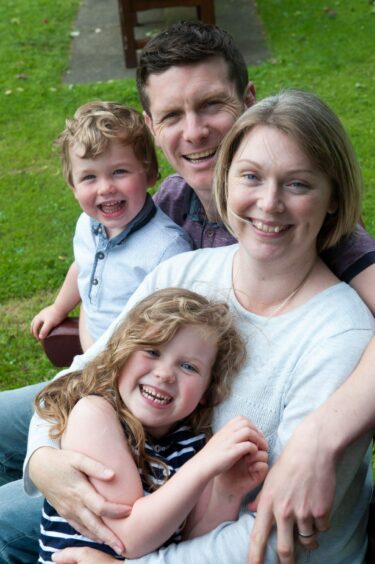
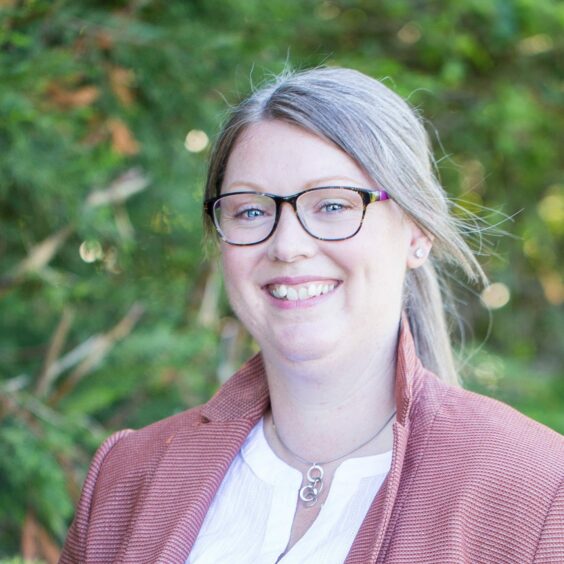

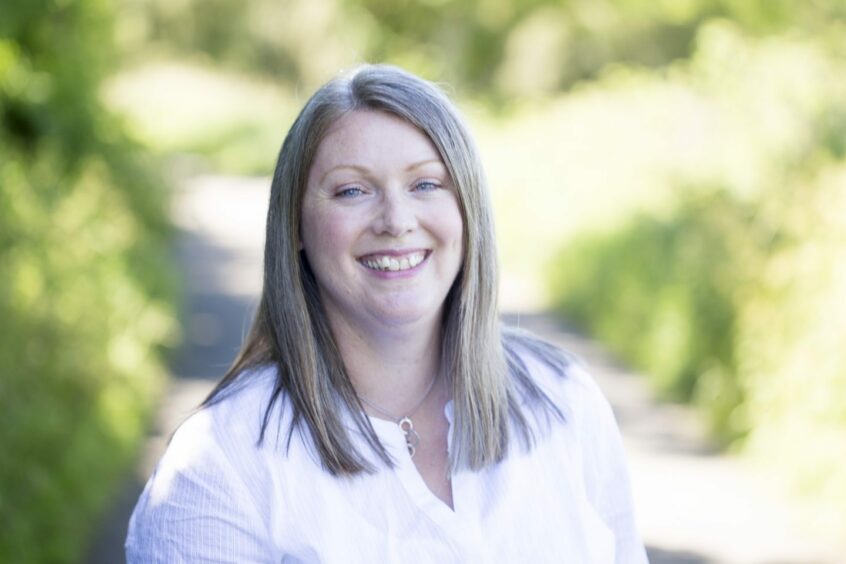

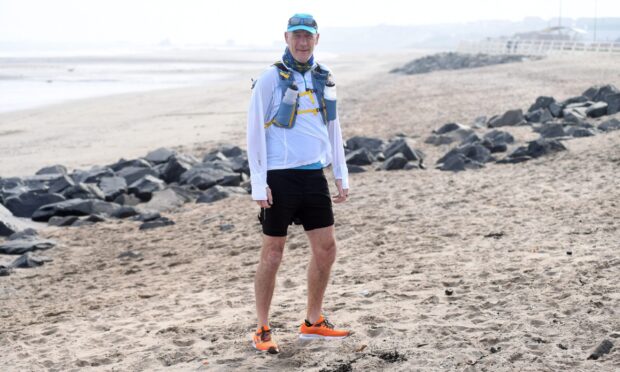
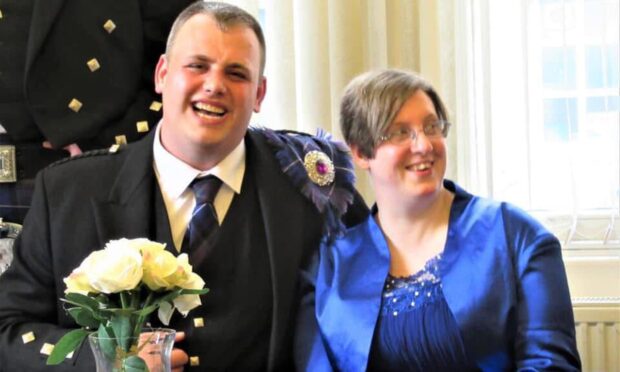
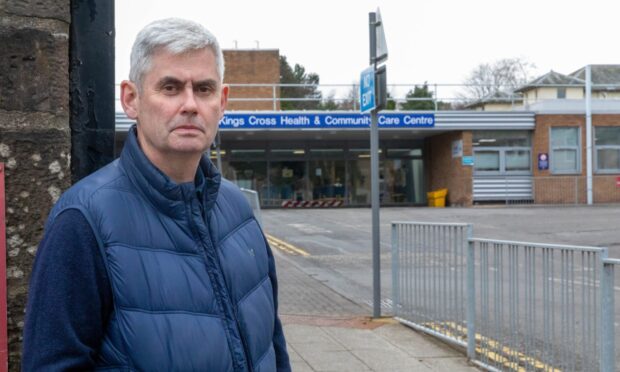
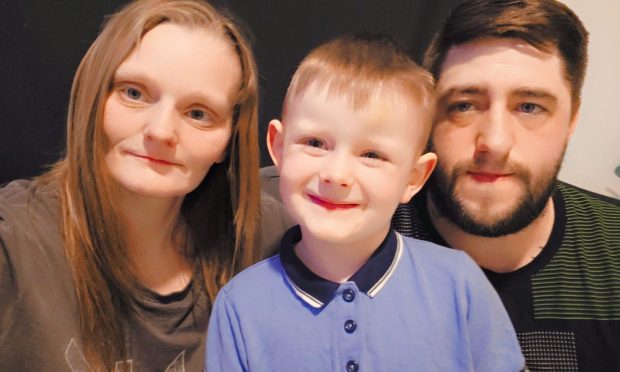
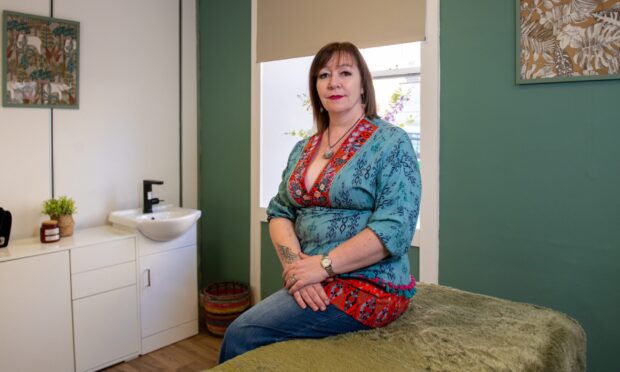
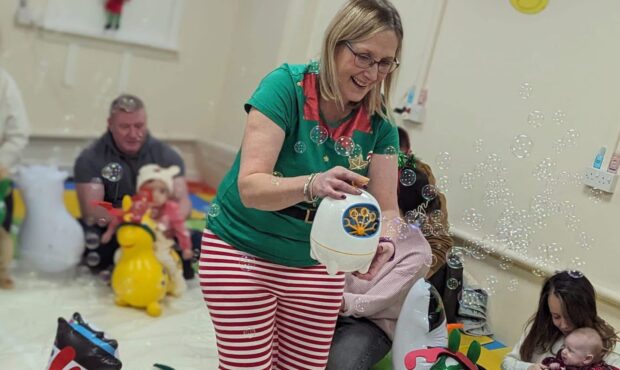
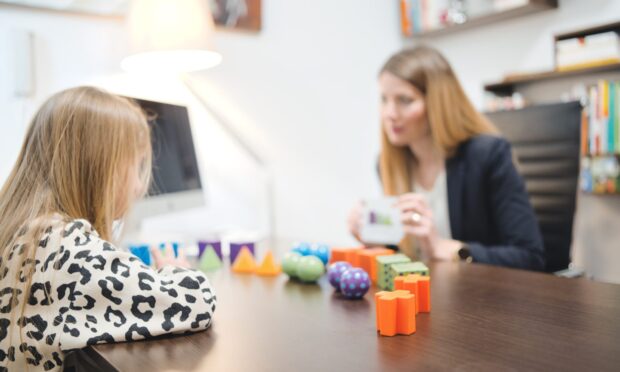
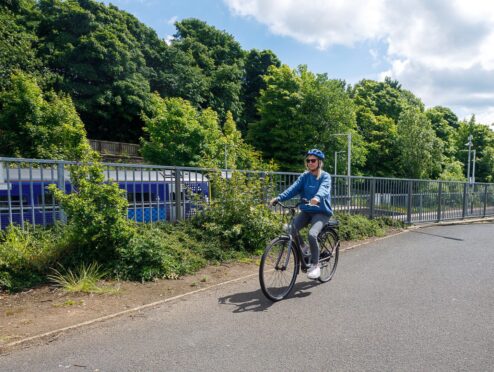
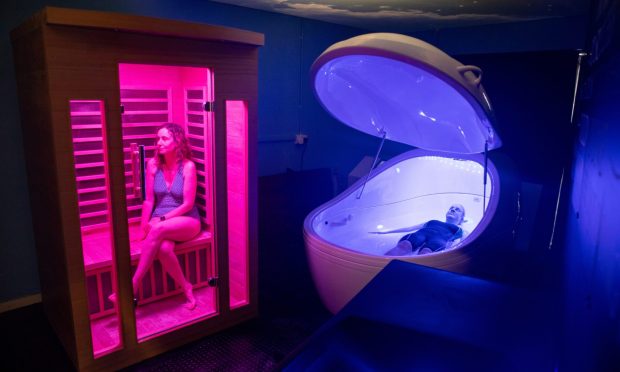
Conversation